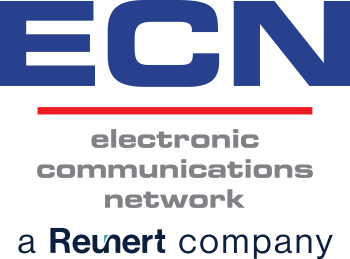DESPITE a call by Communications Minister Siphiwe Nyanda for cheaper telephony, the industry regulator has issued new regulations that dash any hopes of lower calling fees. The overinflated cost of making a call from one cellular network to another will remain in place, with no reduction to the interconnection fee of R1,25 a minute.
The decision not to lower the fee comes in new regulations issued this week by the Independent Communications Authority of SA (Icasa). Nyanda called for the interconnection fees to be lowered last month, when he told journalists that regulatory intervention was probably needed. Icasa had not been able to achieve much and had not managed to come to grips with the issue, Nyanda said.
His comments were justified as the regulator first staged public hearings three years ago, when it proposed forcing the operators to charge a fee related to the actual cost of the service. That would have been at least 30% less, and some analysts believe it would have created far greater savings. John Holdsworth, CEO of Electronic Communications Networks, has previously calculated that the actual cost of switching a call to a rival network is no more than 25c. Yet the opportunity to force down the fee has been ignored in the new guidelines.
The omission has prompted a flurry of complaints on the website mybroadband.co.za, a forum for the telecoms industry. “Icasa once more demonstrates its uncanny knack for skirting the big issue, price,” one commentator wrote. “These regulations are all about protecting companies. It comes up with a big zero on the protection of consumers.” Another said: “These regulations are so full of legal holes it’s frightening. They don’t seem to even begin to address the cost of interconnect rates.”
Icasa says the purpose of its regulations is to help operators reach interconnection deals by setting out the principles and processes. Clauses include making sure that networks are not so overloaded that the interconnection provider is forced to build extra capacity ahead of its budgeted investments. They also aim to ensure that accepting calls from another network does not have a negative effect on the network quality.
In its explanatory notes, Icasa says interconnection is an important way of introducing competition, and these commercial deals require some form of regulation, “particularly in the absence of a competitive environment”. But it says: “The authority does not intend to regulate the parties’ commercial relationships,” and it has chosen not to do so by not addressing the price structure or insisting on cost-based interconnection fees.
The fact that the operators could easily charge each other less is demonstrated by the history of the fee, which used to be 25c a minute. But just before Cell C was launched, MTN and Vodacom bumped it up more than 500% to R1,25. Cell C described that as an anti competitive measure designed to stifle it from the start, since Cell C’s new users were making most of their calls to people on the two dominant networks. Cell C regulatory affairs executive Nadia Bulbulia said yesterday she was still considering the new regulations, but one immediate concern was a section dealing with exemptions for operators that did not hold significant market power.
Icasa has yet to determine which operators hold significant market power, and until then, every player is treated equally. Research by WorldWideWorx has confirmed that the high cost of calling another network has prompted millions of people to have accounts with two or even three operators in order to avoid such fees. While there are 50-million active SIM cards in SA, the number of individual users is closer to 34-million. That means up to 16-million people have SIM cards with different operators to avoid interconnection fees.
